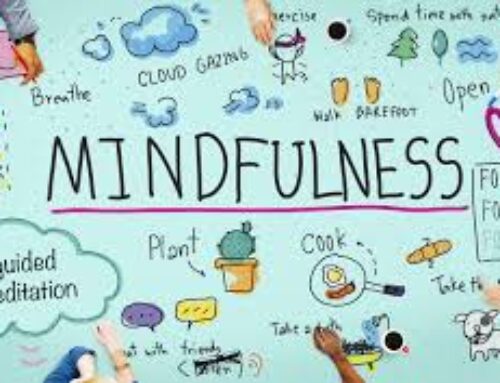
When we are more mindful about taking care of ourselves and our bodies, it creates a ripple effect of positive change. Additionally, it can help us re-train our brain to accept the love and kindness that we deserve. Engaging in self-care after trauma allows you to experience the things that you were denied by yourself or others, or you didn’t know that you needed.
For those who have experienced trauma, self-care can be viewed as an act of defiance towards those who hurt them or played a role in how they hurt and treat themselves. Self-care actually works and can be more life-giving the more we practice it. While self-care at any level is restorative, sometimes you might feel like doing more for yourself than taking a walk, listening to a podcast, or checking in with a family member or friend. Sometimes self-care requires a little more effort. When you are feeling energized and motivated to accomplish more, here are some medium effort things you can engage in that will help you create more significant changes in your life, mood, and feelings toward yourself. Remember if it feels difficult, that’s okay. Practice. Try.
Next we will wrap up our series with some high effort strategies of self-care for you to start incorporating into your routine to create and sustain change in your life.
Madison Reese is an LCMHCA with The Mindly Group, PLLC.









